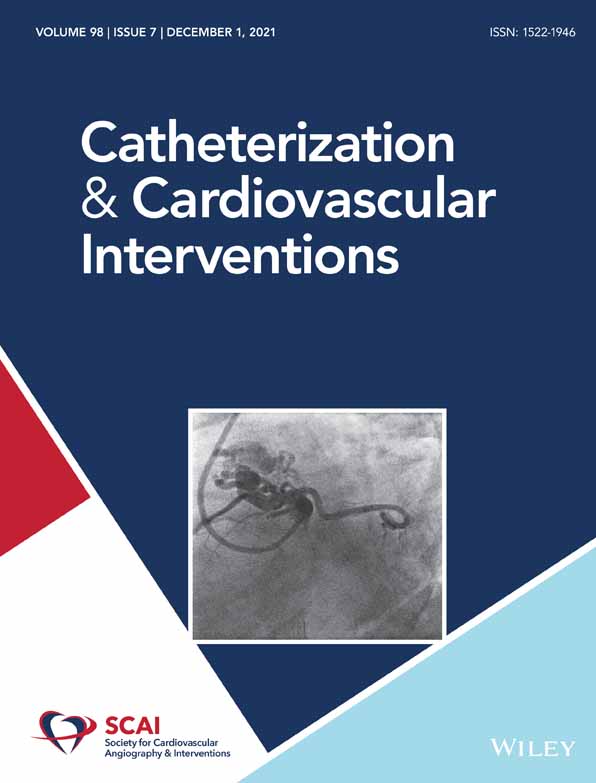Low hemoglobin predicts high-platelet reactivity and major cardiovascular ischemic events at long-term follow-up among ACS patients receiving dual antiplatelet therapy with ticagrelor
Abstract
Background
Reduced levels of hemoglobin (Hb) represent an established marker of impaired outcomes and increased cardiovascular risk in patients with coronary artery disease, challenging the management of dual antiplatelet therapy (DAPT). However, while anemia has emerged as an independent predictor of suboptimal platelet inhibition in patients receiving clopidogrel, no study has so far evaluated the impact of Hb levels on high-on treatment platelet reactivity (HRPR) with ticagrelor and their prognostic consequences, that were the aim of the present study.
Methods
Patients on DAPT with ASA + Ticagrelor (90 mg/twice a day) after percutaneous coronary revascularization for ACS were scheduled for platelet function assessment 30–90 days post-discharge. Aggregation tests were performed by multiple electrode aggregometry. Suboptimal platelet inhibition (HRPR-high residual platelet reactivity was defined if above the lower limit of normality (417 AU*min). The primary study endpoint was defined as the occurrence of major cardiovascular events (a composite of cardiovascular death, recurrent acute coronary syndrome [MI], target vessel revascularization) at longest available follow-up.
Results
We included 397 patients that were divided according to tertiles values of Hb (< 12.7, 12–7–14.09, ≥14.1 g/dl). Patients with lower Hb were older and displayed a more severe cardiovascular risk profile. Mean levels of platelet reactivity were enhanced in patients with lower Hb after stimulation with TRAP peptide (TRAP test, p = .03) and ADP (p = .02). Elevated platelet reactivity (HRPR) on Ticagrelor was more frequent among patients with reduced Hb (16.4% vs. 12% vs. 5.4%, p = .005, adjusted OR [95%CI] = 1.71[0.996;3.01], p = .056). At a mean follow-up of 820.9 ± 553.4 days, 21.4% of the patients experienced the primary composite endpoint, with a higher rate of events in patients with lower Hb (27.6% vs. 22.6% vs. 13.5%, p = .006, adjusted HR [95%CI] = 1.51[1.12; 2.03], p = .006), mainly driven by a higher rate of recurrent ACS. After correction for baseline differences lower Hb tertiles but not HRPR emerged as independent predictor of MACE (adjusted HR [95%CI] = 0.98[0.50; 1.92], p = .95).
Conclusions
In the present study, we demonstrated that among patients on DAPT with ASA and ticagrelor after PCI for ACS, lower Hb levels are independently associated with a higher rate of HRPR and an increased rate of major ischemic events, and especially for recurrent ACS, although with no impact on survival. Neutral prognostic effect of HRPR was observed across Hb tertiles.
CONFLICT OF INTEREST
The authors declare no conflict of interest or funding source to disclose.




